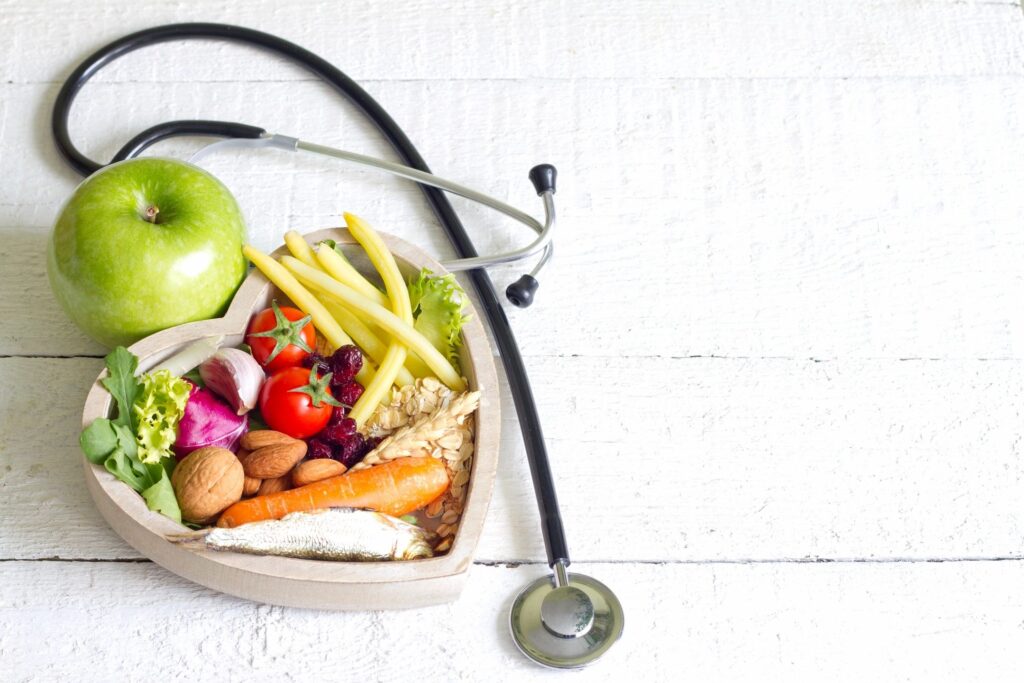Nutrition and Diet Tips for Colorectal Cancer Patients and Ostomates

Hey there,
It is extremely important to maintain a healthy diet while going through treatment for colorectal cancer. However, if you are living with an ostomy, you may be wondering, “What kind of food should I eat?” Don’t worry; we’ve got you covered with some ideas for scrumptious and wholesome foods that will keep you feeling powerful and healthy. Let’s dive in!
- Make Sure You Drink Enough Water: It Is Your Best Friend
Maintaining proper hydration is critical for everyone, but it is especially important for people who have ostomies. Consuming a sufficient amount of water each day helps ensure that your body is properly hydrated and contributes to the upkeep of a healthy digestive system. Drink water frequently throughout the day to avoid becoming dehydrated, which can result in stool that is more dense.
- Start Using Fiber in Baby Steps
If you have an ostomy, you should incorporate fiber into your diet in a gradual manner because it is an important component of a healthy diet. Begin your elimination diet with foods that are simple to digest, such as white rice, bananas, and cooked vegetables. As your body adjusts, you will be able to gradually include more foods rich in fiber, such as whole grains, beans, and leafy greens in your diet.
- Consume Lean Protein to Improve Your Strength
When dealing with cancer treatment, it is especially important to get enough protein so that tissues can be rebuilt and repaired. Choose protein foods that are lower in fat and calories, such as skinless poultry, fish, eggs, tofu, and legumes. These options are not only wholesome for your body, but they are also easy on your digestive tract.
- Be Aware of Foods That Make You Gassy
Certain foods can result in an increase in gas production, which can be uncomfortable for ostomates. Beverages with added carbonation, cruciferous vegetables (like broccoli and cauliflower), and beans are frequently cited as potential offenders. Make a note of how your body responds to the various foods you eat, and adjust your diet to reflect that information.
- Chew your food completely to help your digestion.
When you chew your food completely, you relieve some of the strain that is placed on your digestive system and help prevent blockages. Take your time chewing each bite, and if the food you’re eating is tough, consider cutting it up into smaller pieces to make it easier to digest.
- Opt for Small, Frequent Meals
Eating your meals more frequently and in smaller portions can be easier on your digestive system than eating large meals that are high in fat and calories. Additionally, it has the potential to assist in maintaining stable blood sugar levels and to supply a continuous supply of nutrients throughout the day.
- Experiment with Various Low-Residue Foods
During certain phases of your ostomy journey or cancer treatment, your healthcare provider might suggest that you follow a diet that is low in residue. On this diet, you won’t be able to eat a lot of foods that can potentially leave undigested residue in your colon, such as raw fruits and vegetables, nuts, and seeds. It is recommended that you discuss the possibility of adopting a low-residue diet with the members of your healthcare team.
- Keep away from the Foods That Cause Problems
Because of this, the effects of eating particular foods can vary greatly from person to person who have ostomies. Pay attention to how different foods make your body react, and steer clear of the ones that give you stomach aches or change the consistency of your output.
- Practice Being Present While You Eat: Savor the Moment
Eating with awareness can make meals more enjoyable and teach you to tune in to the cues your body gives you about what it needs. Take it slow, savor the flavors, and pay attention to the cues your body gives you about when it’s hungry and when it’s full.
- Speak with a Dietitian for Personalized Direction and Counseling
Consider speaking with a registered dietitian who specializes in oncology or ostomy nutrition if you have particular dietary concerns or if you require personalized advice. They are able to tailor a meal plan specifically for you that will satisfy your nutritional requirements and help you overcome any dietary obstacles you might experience.

The Importance of Nourishment for Your Body During Your Travels
Living with an ostomy presents its own set of challenges and considerations when it comes to nutrition, which is an important factor in the treatment process for colorectal cancer. Keep in mind that everyone has a unique experience; therefore, it is imperative that you find a diet that works well for you specifically. Pay attention to what your body is telling you, make conscious decisions about the foods you eat, and consult with members of your healthcare team as appropriate. Adopting a diet that is both well-balanced and nourishing is one of the best things you can do for your health as you navigate this journey with strength and determination. You got this!
Leave a Reply